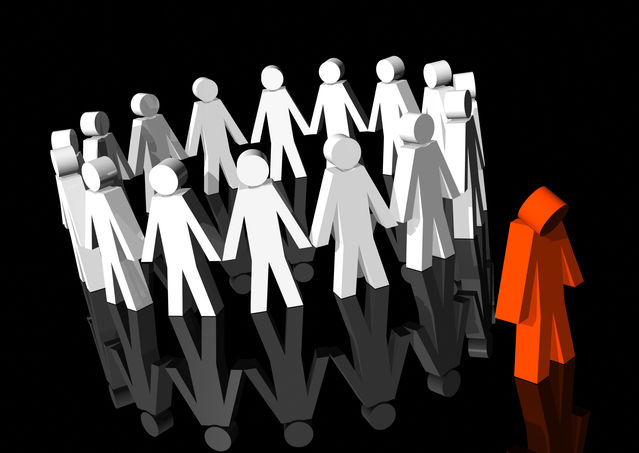Kerby Anderson
Most Christians understand that the problems facing America are not going to be solved in Washington. But it is noteworthy when a sitting U.S. Senator says that “Politics Can’t Solve Our Political Problems.”
That was the title of a commentary by Senator Ben Sasse. He believes that the tribalism in our nation has a deeper source and is tied to loneliness in America. We are relational beings and want to be in tribes. He observes that, “the traditional tribes that have sustained humans for millennia are simultaneously in collapse.” Those would be family, friendships, and communities of worship.
At the core of this is loneliness in America. It is not a new problem; a quarter-century ago I wrote a book with the title Signs of Warning, Signs of Hope. One of the chapters dealt with a “crisis of loneliness.”
A book we often quote on our radio program is Bowling Alone, written by Harvard social scientist Robert Putnam. We no longer are involved in community. We often move and have few friends. We have few shared projects and belong to fewer civic groups.
On the other hand, we don’t want to be left out. We don’t want to feel the “same isolation we felt at the edge of the cafeteria or as the last kid picked for kickball.” So we yearn for a group (often a political ideology) as the basis for our intimate connections. Our cable news tribes offer a common experience.
To reverse these trends we need to read his new book, Them: Why We Hate Each Other—and How to Heal. In his commentary, he shares how he and his wife “put down roots” in a small community and became friends with people from every race and income bracket. We must find ways to replenish the social capital and reverse the tribal conflict in our culture.
 Listen Online
Listen Online Watch Online
Watch Online Find a Station in Your Area
Find a Station in Your Area









 Listen Now
Listen Now Watch Online
Watch Online
